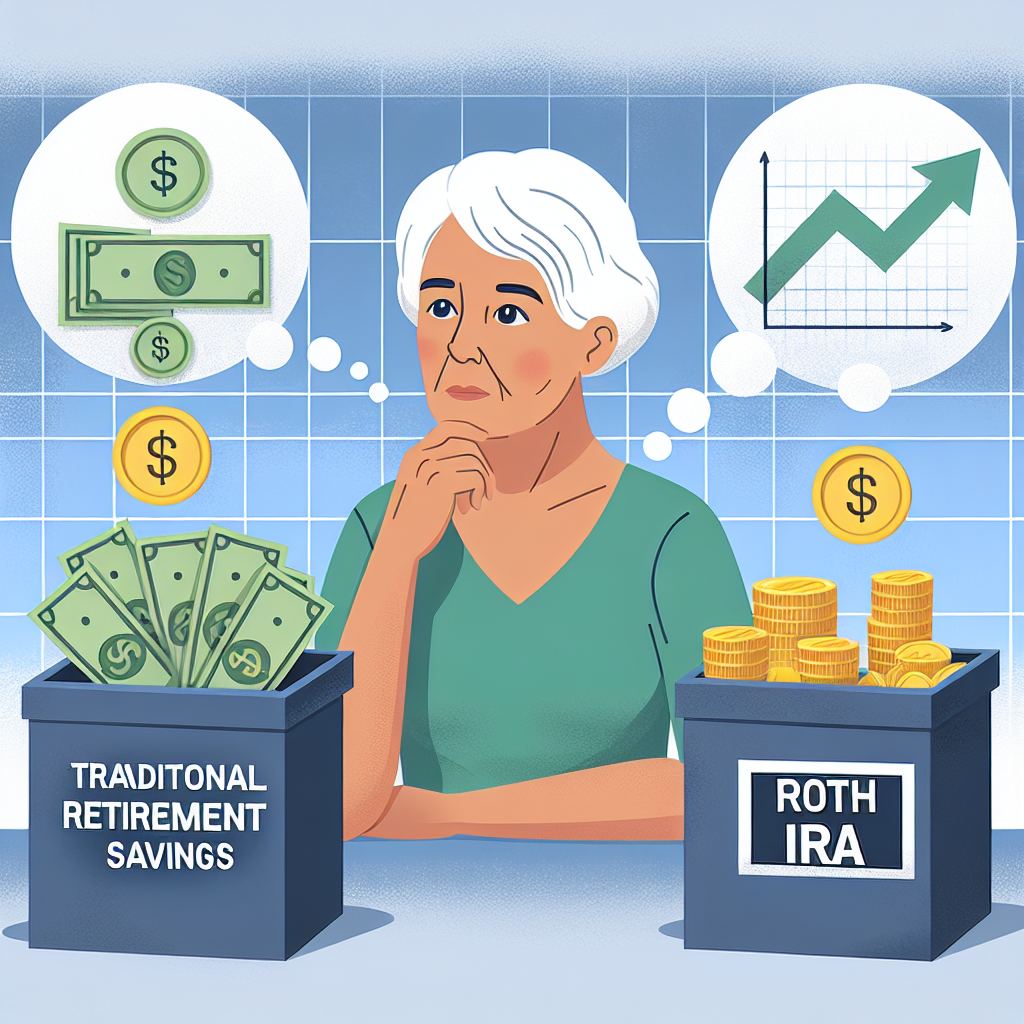Should You Convert Your Retirement Savings to a Roth IRA During Retirement?
When it comes to managing your retirement savings, one of the big questions many people face is whether it makes sense to convert funds from a traditional retirement account to a Roth IRA, especially during retirement. While this decision can be complex and depends on individual circumstances, the basics are worth understanding. This blog will break down what a Roth IRA is, the benefits of converting, and considerations to take into account.
What is a Roth IRA?
A Roth IRA is a type of individual retirement account where you contribute after-tax dollars. This means you’ve already paid taxes on the money you invest in the Roth IRA. The biggest advantage? Qualified withdrawals, including earnings, are tax-free. This can be particularly appealing if you expect your tax rate to be higher in the future or if you just want more flexibility with your retirement funds.
Benefits of a Roth IRA
Here are some key benefits of a Roth IRA:
-
Tax-Free Growth: Your investments can grow tax-free over time. That means you don’t have to worry about capital gains taxes when you sell investments inside the account.
-
Flexible Withdrawals: In retirement, you can withdraw your contributions at any time without penalties. You’ll also have the ability to spend your money without worrying about taxes, which can help you manage your tax liabilities effectively.
-
No Required Minimum Distributions (RMDs): Unlike traditional IRAs, Roth IRAs do not require you to take minimum distributions at age 72, allowing your money to continue growing tax-free for as long as you like.
Why Consider Converting to a Roth IRA?
There are several reasons why converting to a Roth IRA can be a smart move during retirement:
-
Lower Tax Rate: If your income decreases in retirement, now might be the perfect time to convert. You might find yourself in a lower tax bracket, which means you’ll pay less in taxes on the conversion amount.
-
Tax Diversification: Having a mix of tax-deferred (like traditional IRAs) and tax-free (like Roth IRAs) accounts can provide more flexibility in managing taxes during retirement. You can choose which account to withdraw from based on your tax situation at the time.
-
Estate Planning Benefits: If you plan to leave money to heirs, a Roth IRA can provide tax advantages. Heirs can inherit a Roth IRA without immediately paying income taxes on distributions, giving them more financial flexibility.
Key Considerations Before Converting
While there are numerous benefits, converting to a Roth IRA isn’t the right choice for everyone. Here are some important factors to consider:
-
Tax Implications of the Conversion: When you convert from a traditional IRA to a Roth IRA, you’ll need to pay taxes on the amount you convert. Make sure to plan for this tax hit, especially if the amount is substantial.
-
Current vs. Future Tax Rates: Consider your current tax rate compared to what you expect in the future. If you anticipate a significant increase in income (and thus tax rate) later, converting now might save you some money in the long run.
-
Time Horizon: The longer your investments have to grow, the more beneficial the conversion can be. If you are nearing the end of your expected retirement, the benefits might be less pronounced.
-
Investment Choices: Examine how you invest within the Roth IRA. The potential for growth can vary significantly depending on your investment choices, so ensure you’re making informed decisions.
Is Now the Right Time?
Ultimately, whether to convert your retirement savings to a Roth IRA in retirement depends on your financial situation and future plans. If you’re still unsure, consider talking to a financial advisor who can guide you through the options based on your particular circumstances.
Final Thoughts
Converting to a Roth IRA during retirement can be a strategic financial move that offers tax advantages and flexibility. With the right planning and understanding, it can provide a great way to manage your retirement savings more effectively. If you are exploring this option, make sure to do your research and consider factors specific to your financial situation.
If you want to dive deeper into investment strategies or learn more about maximizing your retirement savings, visit Stock Pulsar.
Planning for retirement can be a complex journey, but being informed and making thoughtful decisions can help you build a solid financial future. Remember, it’s your hard-earned money; taking control of your retirement savings can lead to a more comfortable and worry-free retirement.



